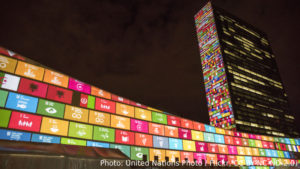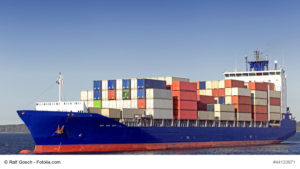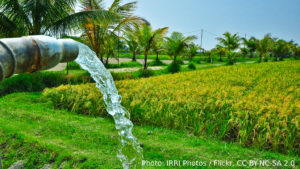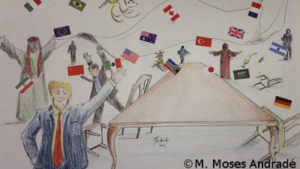
The German Presidency of the Group of Twenty (G20) in 2017 takes place under conditions of uncertainty with regards to the outlook for both the global economy and international policy cooperation. Almost a decade after the Group was launched in its current iteration, G20 economies continue to struggle with the factors that led to the Great Recession of 2007 and losses that resulted from shortcomings in domestic and international governance are still to be recovered.




